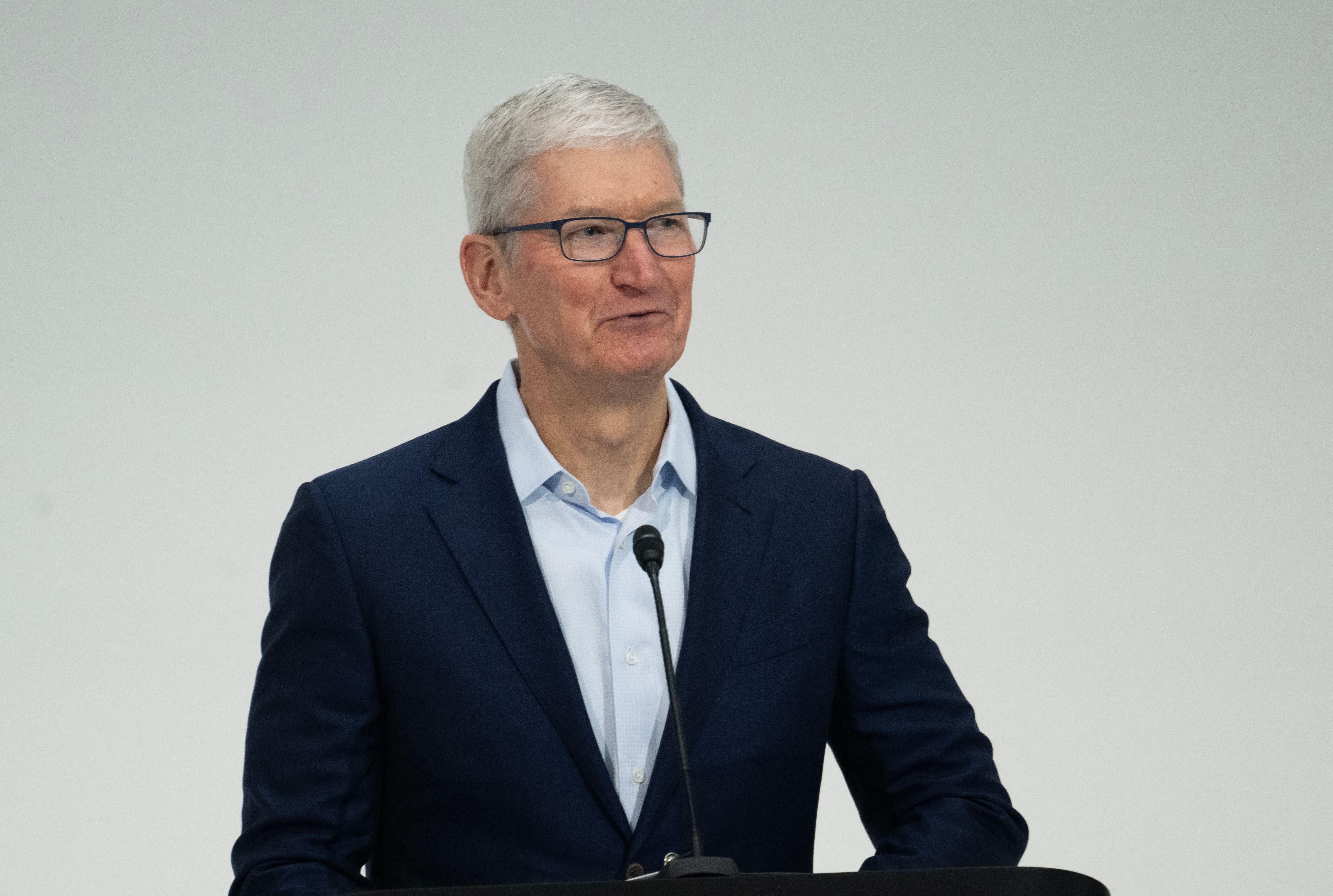It began with a tap of two bumpers, the smallest of traffic accidents on the night of April 9, 2016, in New Orleans’ Lower Garden District. The collision was so light it’s possible that an exchange of insurance papers wouldn’t even be necessary.
It’s ended, well, it still hasn’t ended.
The nearly eight years since has included one high-profile NFL shooting death, two splintered families, a community outpouring, a manslaughter conviction that pleased no one, a nearly five-year incarceration, a United States Supreme Court decision outlawing a Jim Crow-era judicial practice that vacated a conviction and now, this week, a second trial, that still grips New Orleans with no easy answers.
That includes endless debates about stand your ground principles, gun violence and the local socioeconomic-fueled standards of privilege.
Cardell Hayes never denied firing the shots that killed then retired New Orleans Saints star Will Smith that night. He never left the scene of what was first a two-car accident between the two and then a street fistfight that escalated into gun shots.
Hayes calmly stood by his Hummer 2, placing the weapon on the hood until police arrived. It was then he began contending that it was justified because after an initial exchange of punches, Smith said he was headed back to his car to get his own gun.
Whether Hayes’ actions were or weren’t justified has been hashed over for years in New Orleans, including this week in an Orleans Parish court where Hayes is again standing trial, this time for manslaughter. The district attorney didn’t bother with the murder charge that the state failed to win the first time around. Regardless, Hayes is still facing 20-40 years behind bars.
The basic facts are fairly simple.
After a day of partying with family and friends in the French Quarter, Smith was driving his Mercedes on Magazine Street when he lightly rear-ended Hayes’ vehicle. Surveillance footage showed Hayes pull over expecting to sort things out. Instead, Smith drove off, perhaps because he had a blood alcohol level of 0.24, triple the legal limit.
Hayes, who was sober, followed in pursuit, eventually smashing into Smith’s car. Both men and their companions got out. Chaos ensued. Fists flew. Hayes said he believed Smith was headed back to his car to get a firearm, so he unloaded his gun into the retired player. Smith’s wife, Racquel was also struck and faced lengthy rehab.
Smith was soon dead, leaving behind three children. Hayes, a father of one, was quickly arrested and charged with murder.
The city, already plagued by gun violence, was rocked. Smith was a beloved member of the Saints’ post-Katrina Super Bowl winning team.
Questions abound. Did Hayes have the right to protect himself by firing first? What fault did Smith hold?
Debate soon descended into the socio-economic hierarchy of the city. Smith was rich, famous and celebrated, but seemingly cared nothing about driving drunk or hitting the cars of others. Hayes, meanwhile, was mild-mannered, sober that night and had just come from a friend’s house where they played Pictionary.
It went back and forth. There were no easy answers or consensus opinions. There still aren’t.
A jury will decide Hayes’ fate perhaps as soon as this weekend; the prosecution rested Friday afternoon. This time it will take all 12 jurors to reach a verdict.
This isn’t the first trial.
In December of 2016, Hayes was convicted of manslaughter, a lesser charge than what prosecutors sought, and later sentenced to 25 years in prison. However, the jury vote was not unanimous. Two jurors voted not guilty.
Unlike every other state at the time, Louisiana and Oregon didn’t require a jury to reach full agreement for a conviction. The practice dated back to 1898.
Lawmakers in Louisiana, historical writings from the time showed, were determined to maintain white control over criminal verdicts and thus passed a law stating that prosecutors needed to convince just nine of 12 jurors (statistically almost assuring the all-white jury could continue). In 1974, they lightened it to 10-2.
In 2020, the Supreme Court ruled so-called “split-decision convictions” to be unconstitutional. Essentially, two people believing someone didn’t do it is the definition of “reasonable doubt.”
Orleans Parish, unlike many spots in Louisiana, has agreed to dismiss some split decision convictions. Due to extensive media coverage of Hayes’ first trial, it was known that two white jurors voted not guilty. After four and a half years at the Louisiana State Penitentiary in Angola, Hayes, now 36, was freed on bond.
The second trial is playing out with less local attention and almost none nationally. Where numerous Saints stars — including then quarterback Drew Brees, then head coach Sean Payton and iconic hero Steve Gleeson —sat in the gallery for the first case, this one has been devoid of star support.
In the end, it will come down to the same old questions.
Cardell Hayes killed Will Smith, but does that make him a murderer?
If it does, it’s back to prison. If not, it’s on with his life.
What remains undeniable is how senseless it all was, how avoidable, how pointless. It remains a tragedy in every direction.
Nearly eight years after that fateful night and that first tap of bumpers, everything is still stuck on square one.

Amanda Smith is a dedicated U.S. correspondent with a passion for uncovering the stories that shape the nation. With a background in political science, she provides in-depth analysis and insightful commentary on domestic affairs, ensuring readers are well-informed about the latest developments across the United States.





